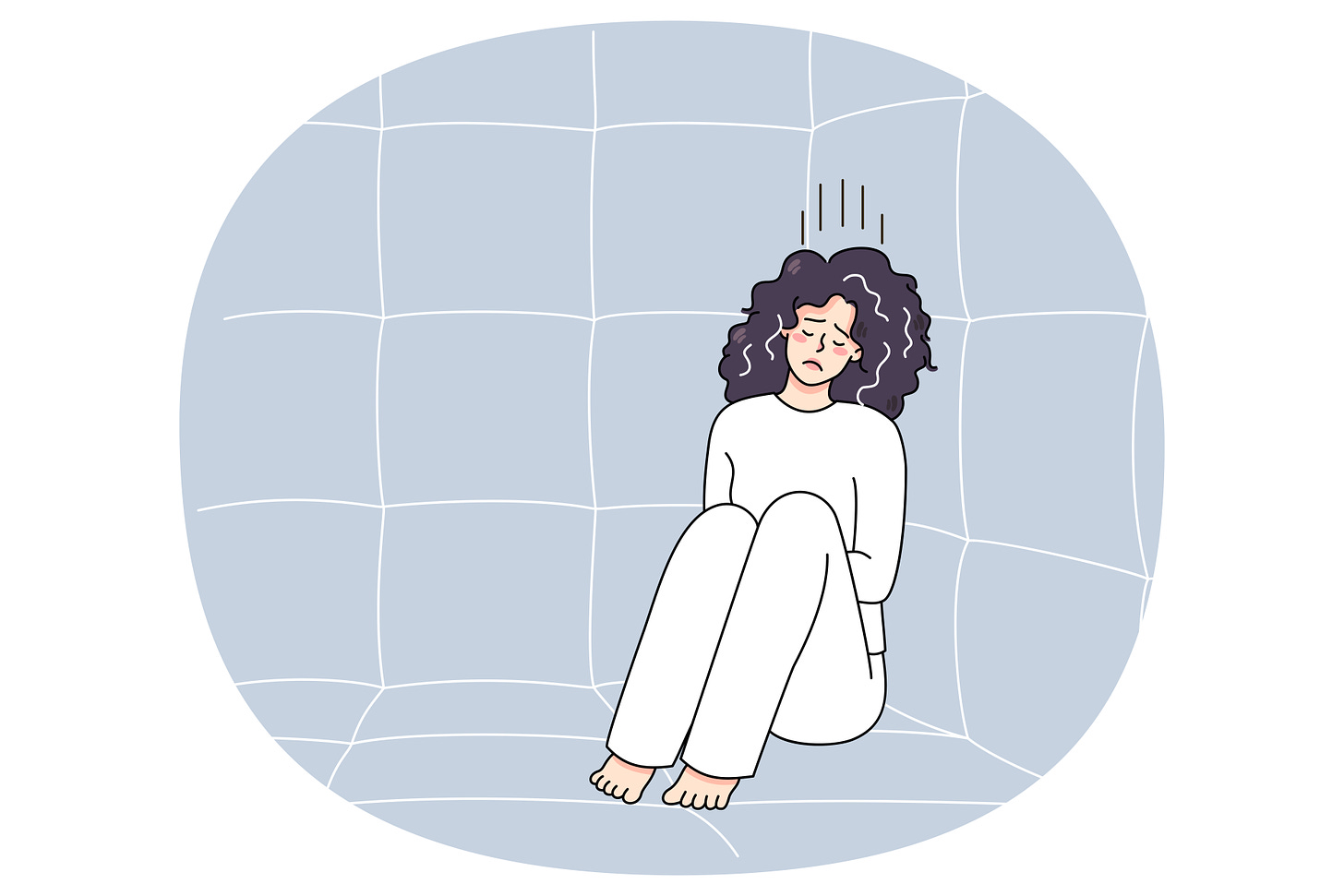Hello reader! It’s June, so Lean Out is off on our annual summer hiatus to rest and recharge (and ignore Twitter). This year, instead of going dark for a few weeks, we’ll be reprinting some of our most popular essays, including this one, on the insanity of guilt by association. — TH
Several weeks ago I came across an analogy for the culture wars that I haven’t been able to locate again, but have thought about every day since. The writer likened the current culture to a tree that continually grows new branches. Critical race theory is a branch, Elon Musk buying Twitter is a branch, and so on. Everything in the environment incentivizes us to take a polarized position on each new issue, and to pathologize those who disagree with us. And so, the more branches there are, the more hostility there is between friends, family, co-workers. Each newly-sprouted branch represents a further splintering of society.
But as the sources of conflict grow, so too does what one is responsible for.
This is the new rule: We are no longer just responsible for ourselves. In addition to being responsible for our own speech, actions, and thoughts (!), we are now also expected to be responsible, on some level, for the speech, actions, and thoughts of anyone we’re associated with, personally or professionally. However tenuous that link.
Let’s pause for a moment to let that sink in.
I, as a writer, am no longer just responsible for the views I have expressed over the past two decades that I’ve been on the public record — but now, also, for those of every person I interview, or “platform.”
This is an insane idea to operate under.
But it doesn’t stop there. I am now responsible, to some extent, for the views of every person that that person has ever interviewed, or given an interview to.
Were I to take this absurd six-degrees-of-separation purity test seriously, it would require me to spend hour upon hour scrutinizing every interaction, and would still risk a wide margin of error, since there are a whole slew of renegade sentences lurking in books that one cannot possibly find. And a whole body of rogue print pieces that pre-date the internet, just sitting around in dog-eared magazines and faded newspapers, waiting to be discovered.
Here’s the craziest part, though: If I were to follow the guilt by association fallacy to its extreme endpoint — and half of Twitter will, enthusiastically, on any given day — I would also be responsible for the speech, actions, and thoughts of anyone who has read me, ever.
Since going independent, I have frequently been asked if I worry about who’ll pick up on my contrarian criticisms, and what they might do with them. What if my words are coopted, used for nefarious purposes, cited by unsavories?
This means politicians and public policy decision-makers and controversial media people, to be sure. But, as I understand it, it could also mean an entire side of the ideological spectrum. Or pretty much any member of the general public who stumbles across my Substack.
Whoever the reader is, whatever country they reside in, whatever their politics, or degree of knowledge of my work — and however they interpret what I have to say — I am, in some small way, responsible for anything they say, do, or think.
This is an unsustainable standard for anyone, let alone someone in public life.
It’s a strait jacket with a seductively simple solution: Tribalism.
Here’s the thing: If I found all of this a bit too stressful, all I would need to do is educate myself on the proper positions on the several dozen branches on my “side” of the culture wars tree, and resolve not to have one iota of curiosity beyond that. I could then simply denounce anyone who’s expressed even a single point of disagreement. And keep my eyes glued to Twitter, awaiting further instructions.
The problem is that I would probably have to stop writing. Because what would there be to say?
If you’re interested in Internet insanity, you might be interested in Lean Out’s podcast interview with Canadian commentator Katherine Brodsky, author of No Apologies: How to Find and Free Your Voice in the Age of Outrage — Lessons for the Silenced Majority.





What if there is too much writing, and thinking, and introspection. What if we have way too many people churn through our universities with no skills except to talk. Can't fix a toilet. Can't replace a headlight. Can't build a bench. What if we're overborn with a top heavy thinkocracy that is destined to topple because of its uselessness?
Trish Wood has started to use the phrase "Truth not Tribe". I like that one because then the focus is on truth where ever it is to be found.
Truth, like science is a journey. Truth is what is left standing when everyone has taken their best shot at tearing it apart. For something to be true (in the broad sense - not did I go to the grocery store yesterday) it must with stand criticism and attempts to discredit it.
Nassim Talib talks about the concept of "Anti-fragile" or things that gain strength from being knocked around. (A tree in the wind becomes stronger) He also talks about enduring ideas. So a book that has been around 1 year, will likely still be read a year from now. A book that has been around for 100 years, will likely be read 100 years from now. Based on this, we can say with confidence that 5000 years from now, people will still know about the "10 commandments".
This tribal attacking of people will not last, because it is not a sustainable way to live. Success requires that we live by enduring principles, and the best way to know what is going to endure, is to look at the principles that have already lasted 1000's of years.